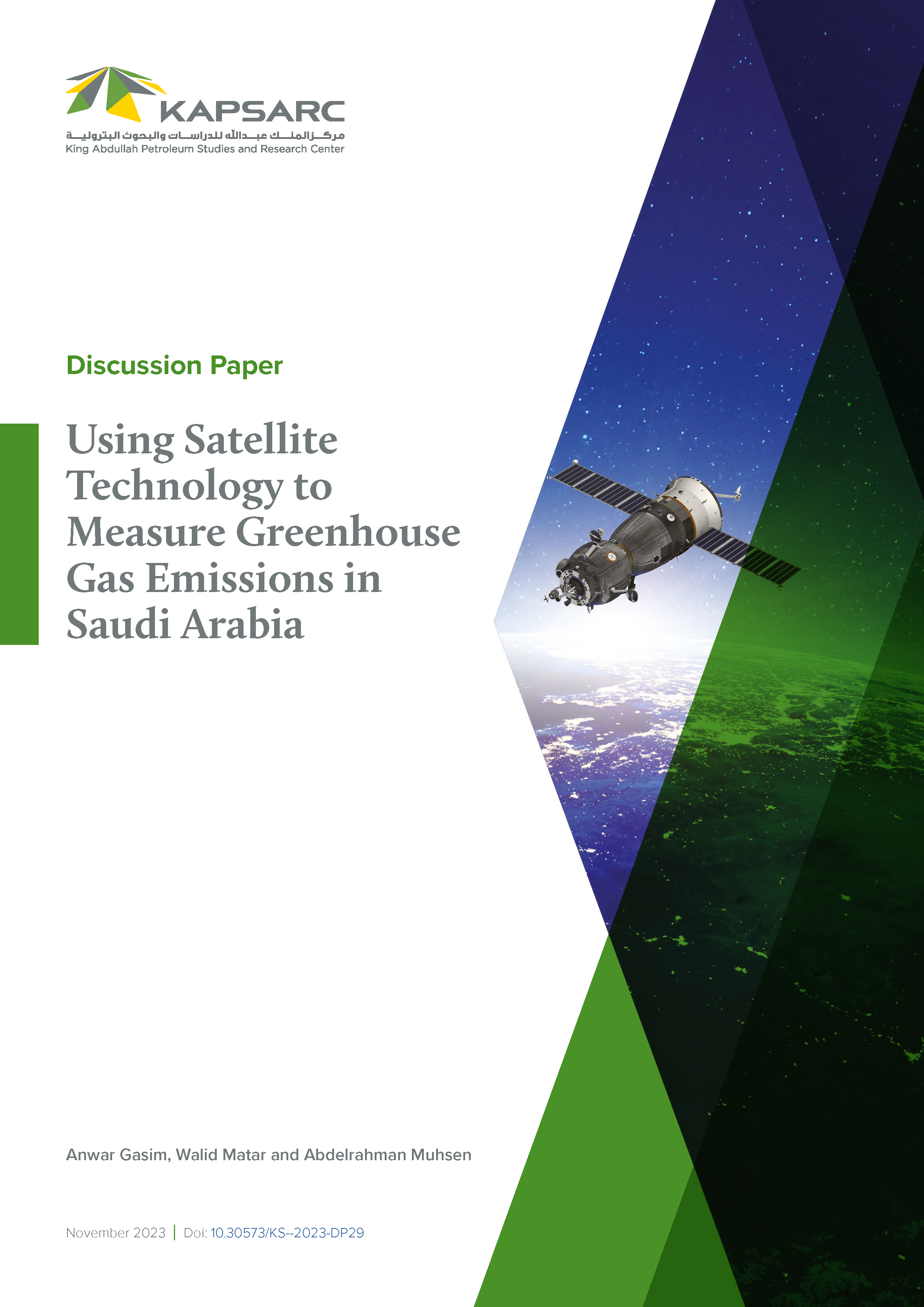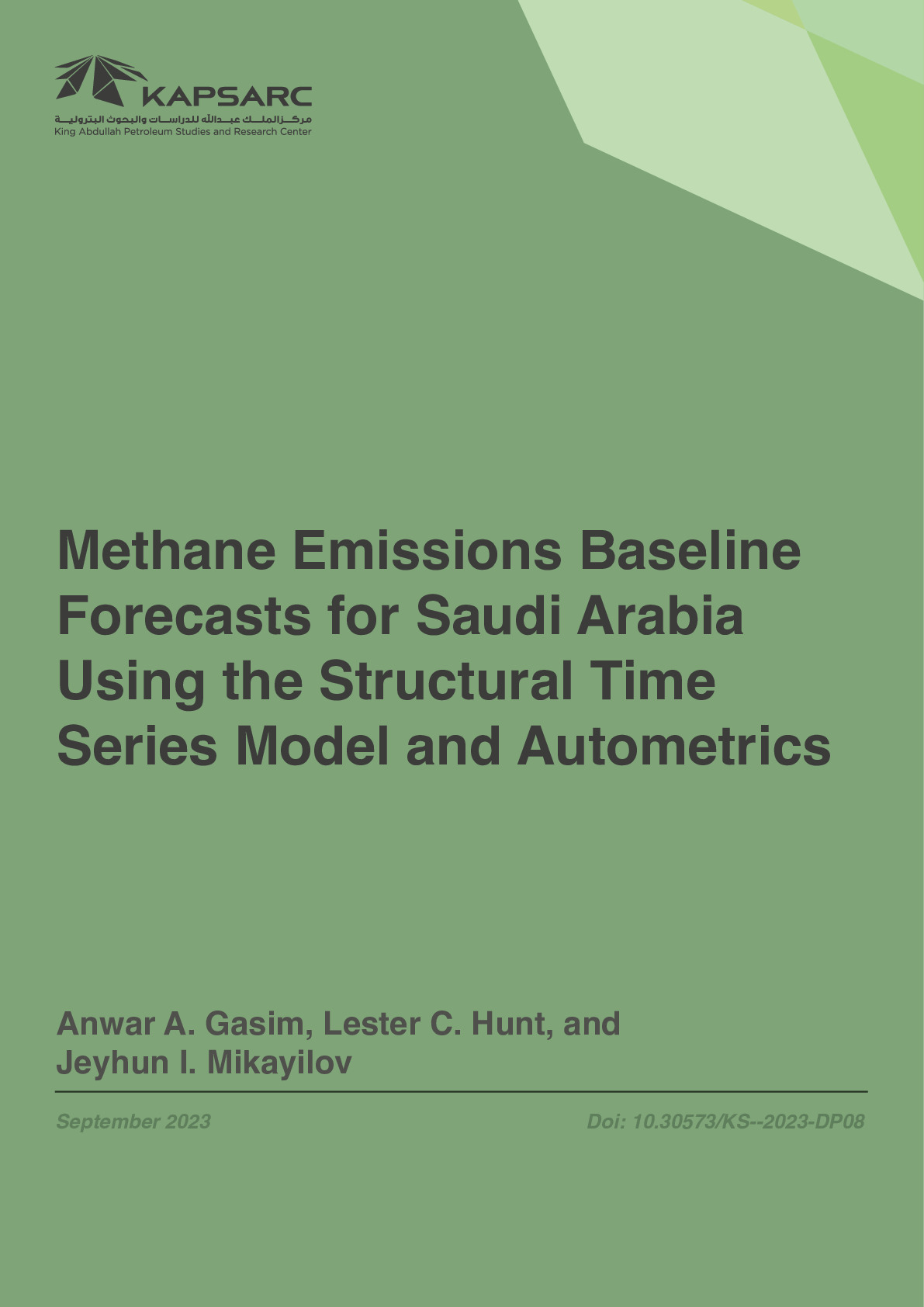In global discussions aimed at limiting greenhouse gas emissions, the national targets set by governments are tied to the energy used or emissions generated within national borders. However, international trade can confuse the accounting. Moving a factory across the border does not change the total emissions, only the country to which they are attributed. Because of this, there is a growing consensus that the embodied emissions in international trade may undermine efforts to mitigate climate change. This has led to a number of studies that investigate the embodied emissions in international trade. Their findings have consistently demonstrated that industrialized countries tend to be net importers of embodied energy and emissions, while developing countries tend to be net exporters. It is often assumed that the industrialized countries have “offshored” energy intensive industries to developing countries, which in turn have specialized in energy intensive production. Some countries have started to adopt national targets around energy productivity, an indicator that links energy use to gross domestic product. Energy productivity has recently gained increased interest because it accommodates economic growth, is conceptually tied to energy efficiency – seen by policymakers as a low cost solution to limiting emissions – and focuses attention on how to maximize the welfare extracted from the energy system. We examine the issue of offshoring and specialization through the lens of embodied energy. First, we calculate the embodied energy in the net exports of 41 economies. We then decompose the embodied energy in net exports for each economy into three effects – intensity, specialization, and the trade balance – to reveal why each economy is a net exporter or importer of embodied energy.

Fellow II Anwar is an energy and environmental economist with an engineering background and over a decade of research and advisory experience… Anwar is an energy and environmental economist with an engineering background and over a decade of research and advisory experience around the areas of energy demand, greenhouse gas emissions, energy price reform, and carbon pricing. He currently leads multiple cross-functional teams on key projects tackling these areas, with a proven track record of publishing high-impact papers, providing consulting services to policymakers, and building the capabilities of talent within the organization. Anwar’s research has been published in leading energy and environmental journals and has been picked up by leading news media. Anwar also has experience transforming organizations, having been a member of task forces responsible for refreshing organizational strategy and building human capital. Anwar is currently wrapping up a Ph.D. from UCL in Sustainable Resources (sub-specialization in Economics). He holds an M.Sc. from KAUST in Electrical Engineering and a B.Eng. from the University of Liverpool in Electronics and Communication Engineering.
Expertise
- Energy price reform; Energy demand; Measuring GHG emissions; Carbon pricing; Carbon markets
Publications See all Anwar Gasim’s publications

Using Satellite Technology to Measure Greenhouse Gas Emissions in Saudi Arabia
In global discussions aimed at limiting greenhouse gas emissions, the national targets set by governments…
7th December 2023
Methane Emissions Baseline Forecasts for Saudi Arabia Using the Structural Time Series Model and Autometrics
In global discussions aimed at limiting greenhouse gas emissions, the national targets set by governments…
14th September 2023
